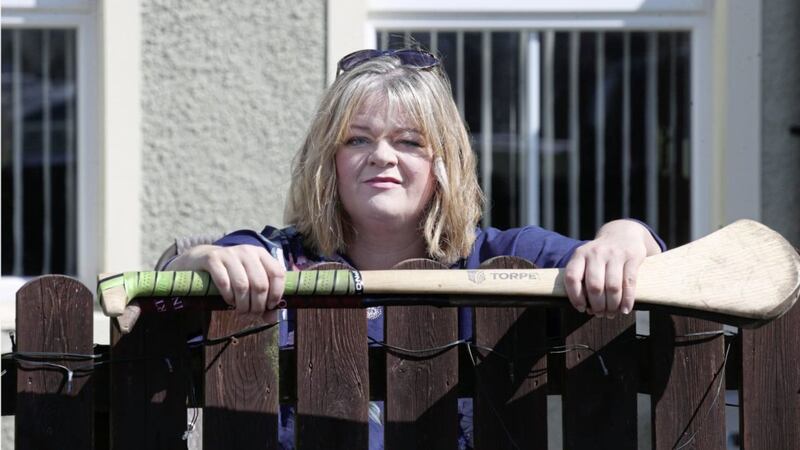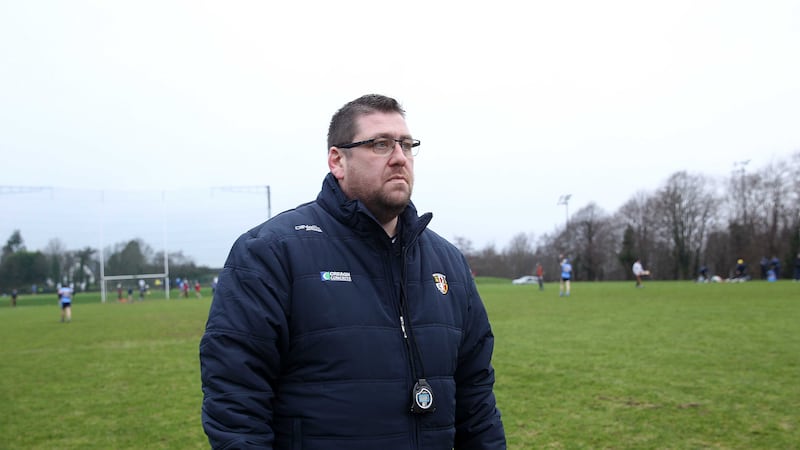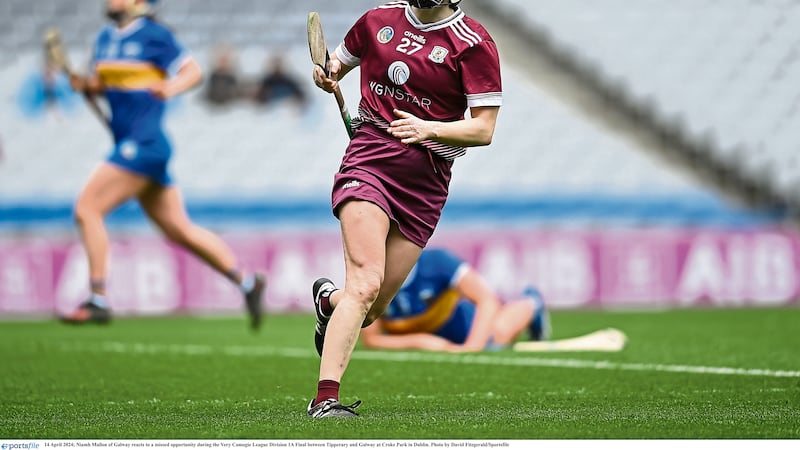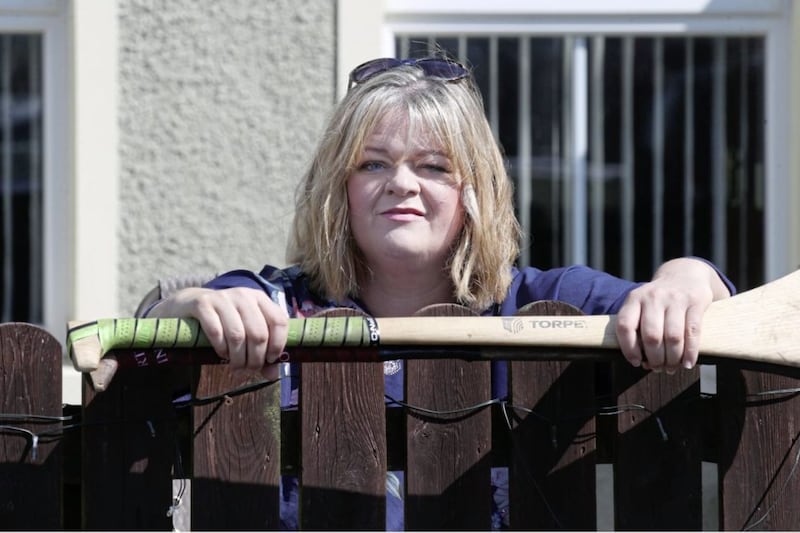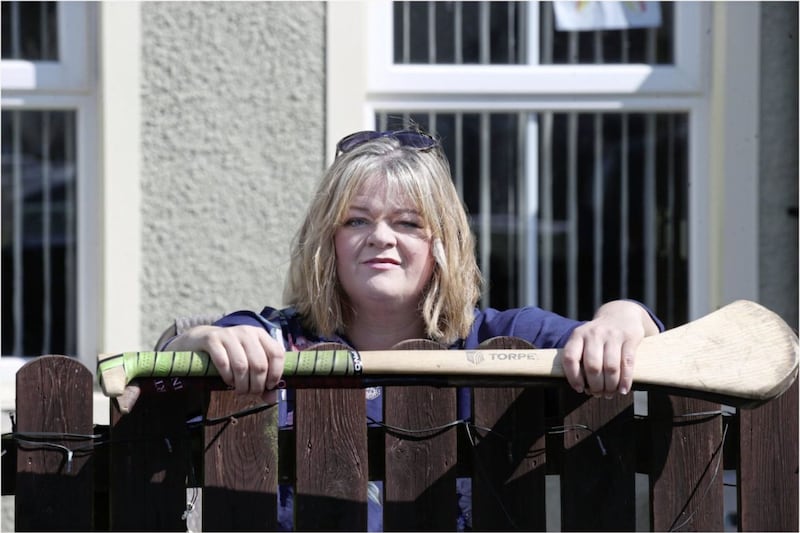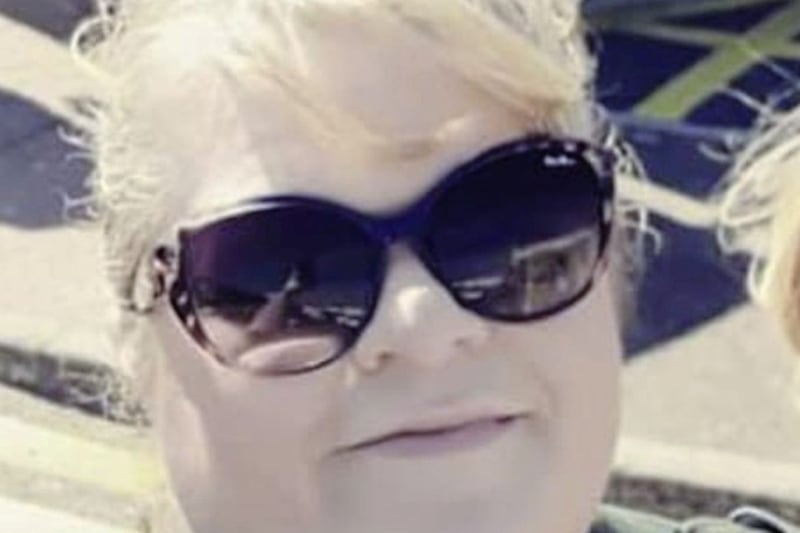JENNIFER Cultra stepped down as Ulster camogie chairperson just before Christmas some six weeks before her three-year term of office came to an end.
Today, she talks to Séamas McAleenan about her tenure, the highs, the lows, what lies ahead of camogie in the province, juggling the demands of camogie with a front line job in the Health Service and her own personal battle with COVID-19....
SMcA: Why did you not complete your three-year term in its entirety?
JC: I began a full-time course to train to become an Emergency Medical Technician with the Northern Ireland Ambulance Service almost 18 months ago.
It was a mixture of 26 weeks in the classroom and 750 hours on placement.
I am completing this course this month and am due to APEL onto the final year of the Paramedic Science in conjunction with UUJ and increasingly I was finding it more difficult to keep all the saucers spinning.
I am an ambulance driver/practitioner operating out of Downpatrick and that means that I have four 12-hour shifts per week, two day-time and the other two overnight.
Then the university course was taking up another chunk of the week with maybe up to 20 hours study on top of that. Camogie games, meetings and all the issues that crop up along the way demand time as well and there just wasn’t enough of it.
I stepped down as soon as the playing season ended and hoped that it would allow Ulster Council the space to look for a successor.
SMcA: They haven’t managed to elect a successor yet and will have to reconvene their Convention to get one. Why did you take on what is seen as a demanding role three years ago?
JC: Well I saw it as a natural progress. I had been in administrative roles for the previous 22 years; I had been both Treasurer and Secretary of the Down Hurling Board and then a couple of years as chair of the Down camogie Board and I was a member of the national Fixtures’ Committee for a couple of years as well.
When you have gained that much experience over the years, it is only right that you should bring that to Ulster Council.
Many people are wary about taking on roles in camogie. I wouldn’t be like that at all. I am passionate about camogie, always have been from my playing days right through.
SMcA: When you took over in January 2018, camogie didn’t enjoy much of a profile in Ulster. Since then however there has been a lot of success on the pitch.
JC: I wouldn’t necessarily agree with you there.
Slaughtneil had already won the All-Ireland club title and were on the cusp of winning a second.
The club was achieving so much across football, hurling and camogie and the fact that the camogie team was bringing that through to All-Ireland level, well that brought a profile and media focus.
They went on win three titles in a row and then came up just short last March in search of a fourth.
Down’s rise in 2018 was unexpected, particularly in light of their poor league run and then having to find a manager mid-season.
To go on from that and win a first Ulster senior title in 15 years and then reach an All-Ireland final in Croke Park was quite remarkable and it made me very proud as a Down person.
Clonduff had won the Ulster title for the first time in quite a few years when I was in the Down chair and I was pleased to present them with two more Ulster titles and also see them win an All-Ireland club title as well.
Then you had the phenomenal success in the autumn with Cavan, Armagh and Down all taking national championships. With Down now going up to senior level, I think the sport in Ulster is in a good place at the minute and can take more steps forward.
SMcA: So in a sense then, success has been breeding success?
JC: Definitely. If you have good players on board, more good players will commit to the team. And then those players will bring good management on board and gradually the best structures will be put in place to make sure that those teams can get the best out of themselves.
Slaughtneil worked hard at it and you could see the result of that when they looked to be in trouble in some of their All-Ireland games and still managed to dig out a victory.
SMcA: 2020 had to be a very challenging year at administrative level?
JC: Of course it was. It was difficult on the pitch and off it.
We were lucky in that we had funding in place to retain two full-time members of staff at provincial level and that we were able to manage as much as we did with the situation changing rapidly from week to week, even day to day.
Our plan nationally was to get as much camogie as possible played by as many players as possible and that was very difficult to achieve.
I believe that the split club/county season worked very well, although we did not anticipate that only “elite” players would be allowed to play come October/November.
On a personal level I was disappointed that Ardchomhairle did not set out for a split season again in their draft plan for 2021.
SMcA: Was it a disappointment that the Ulster club and inter-county championships remain uncompleted?
JC: Of course it is, but we had to work within the constraints of the government guidelines and, as I said already, they changed almost from week to week.
We had re-scheduled the senior and intermediate club finals to be played this month, but that does not look likely now.
No matter what you start, you always want to complete it. But this time the situation was out of our control.
SMcA: Has there been any good come out of COVID?
JC: I found that I wasn’t doing the mileage and rushing around that I had been doing the first two years, like leaving work or study at 5pm and rushing to a meeting in Dublin for 7.30pm probably not home until after midnight.
Zoom meetings sorted that out. But you still miss the personal interaction of a meeting around a table. So there were both positives and negatives there.
Generally I think we have got an awareness of camogie out to a lot more people despite spectators not being allowed to attend games. During the autumn there you could have watched three or four hours of inter-county camogie streamed to your sitting room any Saturday afternoon.
Because there was little else happening a lot more people from outside the usual camogie supporters’ base tuned in and gained a new appreciation of what we are about.
Many of the Ulster counties are football dominated and a lot of those football people were seeing camogie for the first time and enjoying it. I was getting the same positive feedback from people at work who wouldn’t know too much about the GAA at all.
Going forward, I think we need to continue to bring the game to a wider audience; stream more games, bring it to more double-headers with hurling and football at all levels.
SMcA: How would you describe the co-operation you experienced with Ulster GAA Council?
JC: Ulster Council is the most progressive and forward-thinking of all the provincial GAA bodies and we collaborate heavily with them.
Over my term in office we have worked hard with them in bringing forward new policies such as anti-doping, anti-bullying, an awareness of discrimination at all levels including gender orientation.
Camogie feeds into their strategic development plans and it was a joint application made by ourselves, Ladies’ football and Ulster GAA that put in place the COVID plan as the year progressed.
We try to work with them as much as possible on double-headers. Sometimes those work very well for example with the Slaughtneil hurlers and camogs in Ulster finals. At other times it can mean taking teams a distance to play a fixture to give it a higher profile. I think we try our best.
SMcA: You were struck down by COVID early in last year’s lockdown. Tell me a little about your personal battle with the virus.
JC: April 3rd was the date I tested positive. Being involved with the ambulance service, I was of course a front line worker and I was off work for around a month, although I only spent one night in hospital.
I should probably have taken more time off. I thought I was over it, but when I went back to work, I found myself struggling with energy levels. I was coming home from a shift and just going straight to bed exhausted.
My medical knowledge helped me; when my breathing was laboured, I knew that was because I wasn’t getting enough oxygen into the blood. I also knew when to get support.
Having come through it, I find I have a much greater empathy with patients we have to pick up now.
SMcA: Finally what lies ahead for Jennifer Cultra?
JC: Well the Paramedic Science degree will be my priority outside of my work for the next year or so.
I have two sons, the youngest of them completing his A Levels this year. He has recently passed his driving test and therefore both boys are fairly independent which gives me more time on my hands.
I live down here in Kilclief and have done open-water swimming on a regular basis. I might try kayaking. I have never played golf, but I think I might try it as well.
There will be plenty of matches in all codes of course.
But in general I am just looking forward to having choices, to not having to be somewhere at a certain time, to living life at a slower pace.
